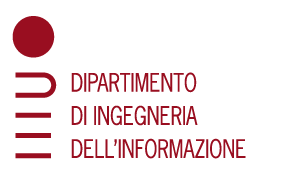Computer Vision
Submitted by zennaro2 on
Computer vision is the science of retrieving information from images and movies (sequences of images indexed by time). Our goal is to develop methodologies to enable artificial systems to use visual sensors (such as cameras) to interact with the environment similarly to what us humans do.






